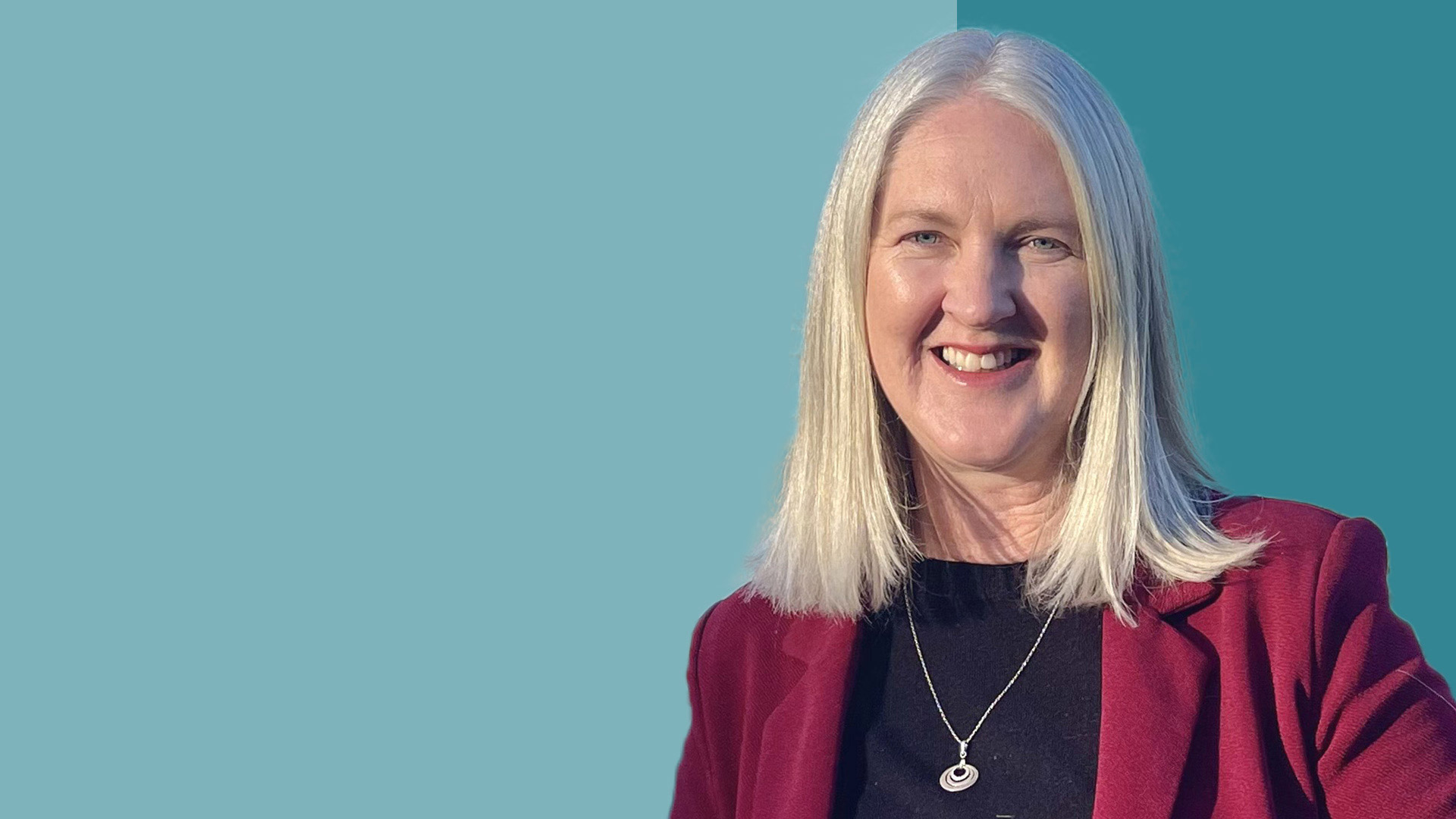Host, Mandy Muchnick, CA(SA), Panda, One Young World Africa Chair was joined by more than 1600 viewers from 67 countries for the live event to hear from our expert panel of ‘Difference Makers’ Dee France, Wellbeing and Support Lead at Chartered Accountants Ireland, Jonny Jacobs, Finance Director EMEA for Starbucks, Ronan Dunne, EVP & Strategic Advisor to Verizon Communications CEO, Chairman of Six Nations Rugby.
Dee France is the Chartered Accountants Worldwide’s ‘global mental fitness task force lead’, this taskforce is committed to driving awareness around mental health challenges in the profession.
Dee France’s Insights
Dee referred to a 2021 survey conducted in the US by Mindshare, a global media agency in America. In 2021, 76% of workers reported a mental health condition, that’s up from 59% in 2019. Dee went on to say that: “Interestingly… 82% of executives disclosed at least one mental health symptom, and for Millennials and Gen Z, 77% reported their productivity was negatively impacted by their mental health, with 50%, leaving their roles if they were not supported by their companies and their organisations… mental health is everybody’s problem.”
How is mental health perception evolving in the workplace?
According to Dee, we’re seeing a shift in how organisations are viewing their responsibility and providing that sort of ‘psychological safety’ as opposed to just ‘health and safety’ for their employees.
What can organisations do?
The key to success in this area for organisations is to be more proactive, rather than reactive. So, companies who only provide the odd wellbeing event, or little or no training in this area are going to have limited impact. The ones that are truly evolving are making wellbeing and mental health strategic priorities. So, not only do these companies include all the usual benefits e.g., the mental health training, ambassador programmes, mental health days, but most importantly, they’re training their leaders in this area and holding them accountable for improving the work practices such as flexible working hours and improved family friendly, policies around menopause, surrogacy, or fertility issues. Thus, the leaders in these more evolved companies are empowered to model healthy behaviours, which will permeate down through the levels and will normalise these behaviours and these activities.
Jonny Jacobs is a trustee of the Mental Health Foundation, the UK’s leading mental health charity. He’s a non-executive director of Mental Health at Work, a One Young World Ambassador and goalkeeper of the Bill and Melinda Gates Foundation.
Jonny Jacobs’ Insights
Sometimes people ask me why an accountant is talking about mental health or mental fitness? I grew up in really challenging environments; I grew up in a working-class family in Glasgow and I was surrounded by people suffering with poor mental health. Indeed, I got to a low place, and I couldn’t talk to anybody. And why? because of stigma. But looking back on it, there’s no question that stigma stole my childhood. Stigma steals. And that’s why webinars like this are so important. It is my mission to try and break down the stigma – as a result, I think I found my purpose in business.
Jonny commented on the importance of language, remembering his first social partnership around mental health, while working for a global biscuit company McVities. He could feel the reluctance within the executive team to engage with the issue. “I remember sometimes I would say the words mental health and I would literally feel the stigma just land on the ground. Then we decided to call the programme ‘Positive Minds’. And I remember going back around the same people and they said ‘yeah, that’s a great idea. Here’s some money’. Choosing the right language to discuss mental health has been a key part of my journey in the story.”
What do you see in business? Why aren’t people getting the help that they potentially need?
According to Jonny there are two questions employers need to address: What’s the barrier? And how can we then help?
The barrier comes back to what I said in the beginning: stigma. We must get over the stigma. Why is the accounting and finance community important to break down those barriers? Well, we hold the purse strings in organisations. We can open investment. If we can understand it, we can hopefully help and start allocating more money into budgets. When you look at your health and safety budget, how much goes on health versus safety? Let’s protect the budgets and let’s also ensure that we invest, we focus and move it up to be a strategic priority within our organisations.
Ronan Dunne has played a very important role in setting up ‘Mind Together’ a across brand initiative between Verizon media/ Yahoo, Inc, Kellogg’s, Spotify, and Snap to destigmatise mental health in the workplace.
Ronan Dunne’s Insights
The place to start is to start with the data. To that end, we commissioned a mental health matrix, which was a major global research study on mental health in the workplace. We used that to introduce a new model for identifying the sources of strain and stress in the workplace and help us forge a better understanding of that. And by doing that, we empowered managers to better address identifiable sources of stress and strain in the workplace. So, it means that you’re dealing with symptoms, and causes rather than just one or the other.
Verizon took a decision in significant parts of the organisation to let people continue working remotely. Can you talk to us a bit about the lengths mental health had in that decision making?
“It wasn’t simply where work gets done. But the truth is, we needed to think about what work gets done, and how. As a result, we’ve taken a holistic view and identified the conditions that would need to prevail for people to be as successful in a remote or home work environment as they would have been, if they were back in the office. And when I say successful, I mean being productive, having a work life balance, and accessing training for career development. It’s not just one aspect, you must look at it as a whole. If we think about all those things together, I think we can reduce the inherent strain and stress. And if I may be so bold, the conflict of the perceived work life balance.”
What can business leaders do?
Firstly, as an accountant it’s enlightened self-interest to improve the productivity, sustainability, performance, and efficiency of your business. Failing to address mental health means that you’re trying to compete in the current world, with one hand tied behind your back. Secondly, real diversity in the workforce is probably the greatest tool that you can have – that and a positive approach to diversity in its broadest sense means that disability, mental health, and neurodiversity, are things that you need to address and embrace, so that you bring the best possible talent and capability to deliver the best outcomes both for your employees, your shareholders, and your customers. That way, you have a balanced scorecard of stakeholders, and you build a better business.
Difference Makers Discuss… Mental Health Matters concluded with a lively roundtable discussion facilitated by Mandy with all the speakers responding to questions from webinar participants. Some of the interesting topics included investing in your own mental health, company culture around mental health and how our institutes can better support their members from a mental health perspective.













